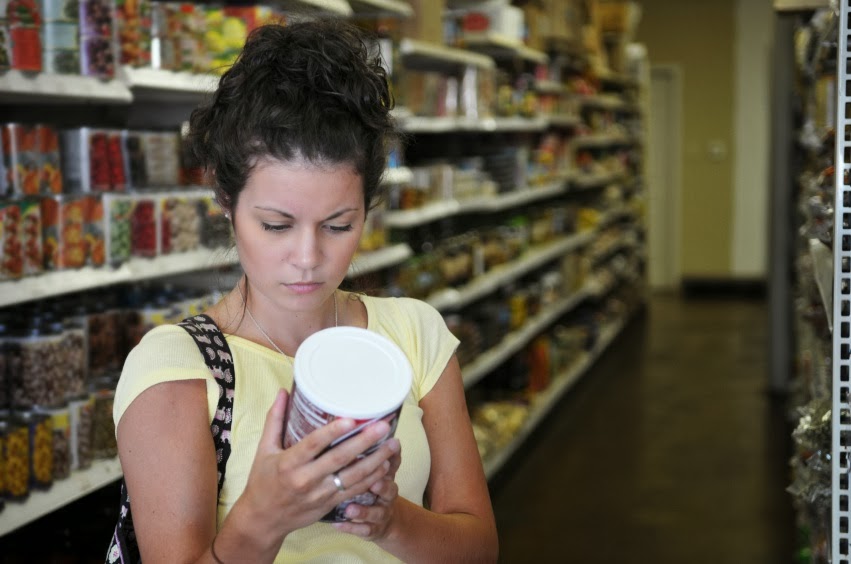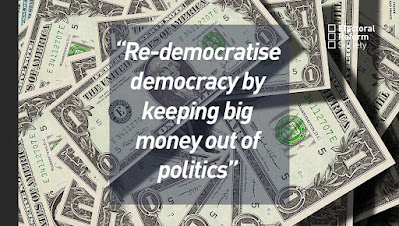Non-Participation is an Option
I was watching a movie trailer the other day titled, "Divide in Concord," a feature-length documentary about an 84-year-old woman who leads an effort to ban the sale of bottled water in Concord, MA.
I was about ready to join the movement, if not in person, at least in spirit. Way to Go Concord! Where do I sign up!
I logged onto their webpage for more information and found they had a section for people to express their PRO or CON opinion. I couldn't imagine anyone NOT being against it. But there were. And quite a few. But not for the reasons I expected. There was one response that stuck out more than the rest. It read:
"I hate plastic water bottles and don\'t use them,
BUT I'm not for bans -- education is better."
Hmmmm. I had my usual WTF you can't have it both ways reaction! But then I thought about it for awhile. A ban usually means government intervention and actually creating a law. And we all know where that road leads. We don't need any more laws.
It's true, if we took the time to do a little research and make common sense choices collectively, changes down the road are certain to follow. And all of sudden being part of the 99% has it's advantages.
Bottled water is not a health drink. Most of it comes directly from a tap out-back near the bottling warehouse. A few years ago a blind test was conducted comparing the top bottled brands with regular tap water from several California cities. Long story short -- L.A's tap water came out on top.
Yes, they are convenient, they create jobs and in the case of a disasters where water supplies are threatened, they are necessary. But if people knew the environmental disaster these plastic bottles are creating, they would never buy another one again, or at least join a crusade to recycle each and every one of them. Only 20% are recycled now which means only 100 billion are floating around somewhere. The solution is so simple. Purchase a non-disposable bottle, preferably stainless steel, fill it from your tap at home.
How about the plastic shopping bags? Billions of these light weight plastic bags are making their way to the ocean, and are broken down into small pieces, along with billions of other plastic bits, where marine life mistaken it for food which is then passed along the food chain. Simple solution: Purchase a reusable cloth bag and keep a supply in your car!
GMO labeling? It's been a hot topic lately as many cities
 across the country are trying to pass laws requiring food companies to put warning labels on food products containing genetically modified organisms. And companies like Monsanto, Coca-Cola and Nestle (just to name a few) are spending millions to prevent that from happening. Why don't they want us to know what's in their food? What are they hiding? Of course it's all about money.
across the country are trying to pass laws requiring food companies to put warning labels on food products containing genetically modified organisms. And companies like Monsanto, Coca-Cola and Nestle (just to name a few) are spending millions to prevent that from happening. Why don't they want us to know what's in their food? What are they hiding? Of course it's all about money. I'm opposed to GMO's but also against mandatory labeling laws. Put the burden of making the decision on US, the consumer. If it's not labeled GMO FREE don't buy it. Companies manufacturing or growing non-GMO products should let the consumer know in big bold lettering -- on their own. Not mandated. If they lie or misrepresent their products, that's another issue and should be dealt with legally.
If we do our home work, read the labels, examine the PRO'S and CON'S like they did in Concord, and we still buy stuff with rat poison in it, that's our choice.
Just remember, non-participation is an option.
Dennis Ketterman
What's Your Opinion?



Comments
Post a Comment